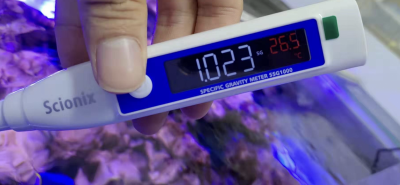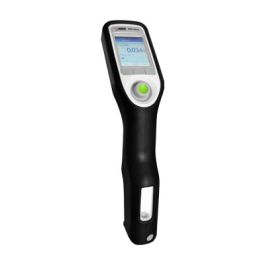Any reviews the attached pictures ?
this is a cheap device and looking into buying something similar .
what’s everyone’s preference ? Digital hydrometer or refractometer ?
this is a cheap device and looking into buying something similar .
what’s everyone’s preference ? Digital hydrometer or refractometer ?




















